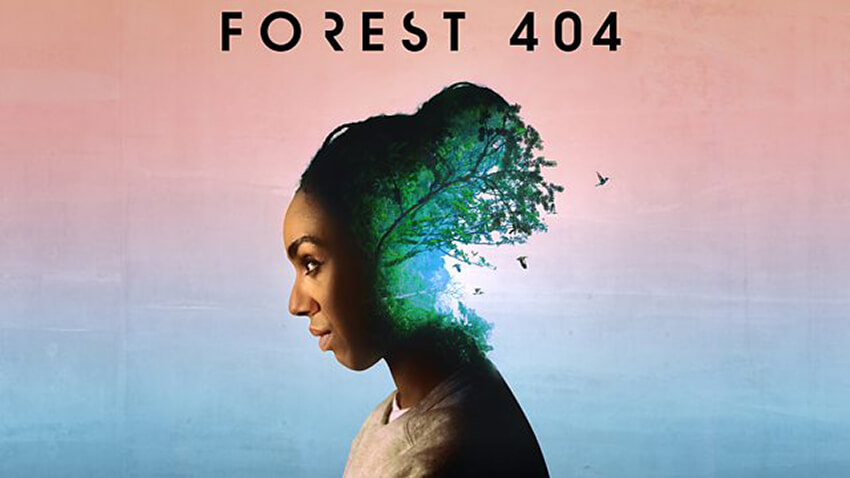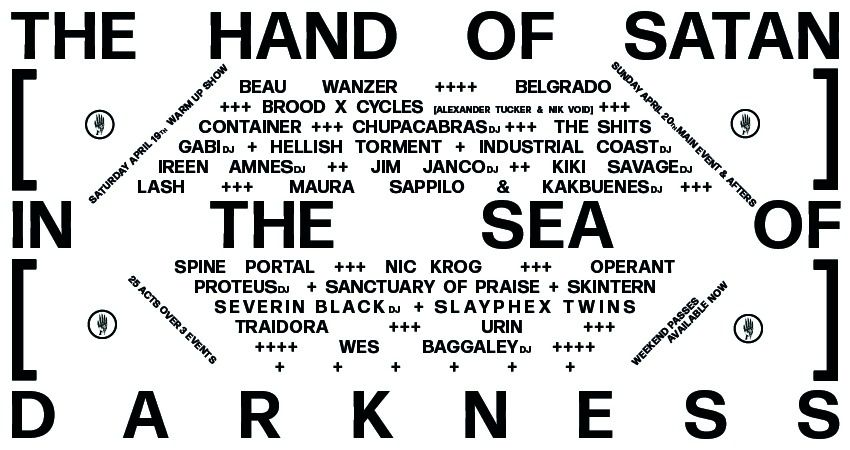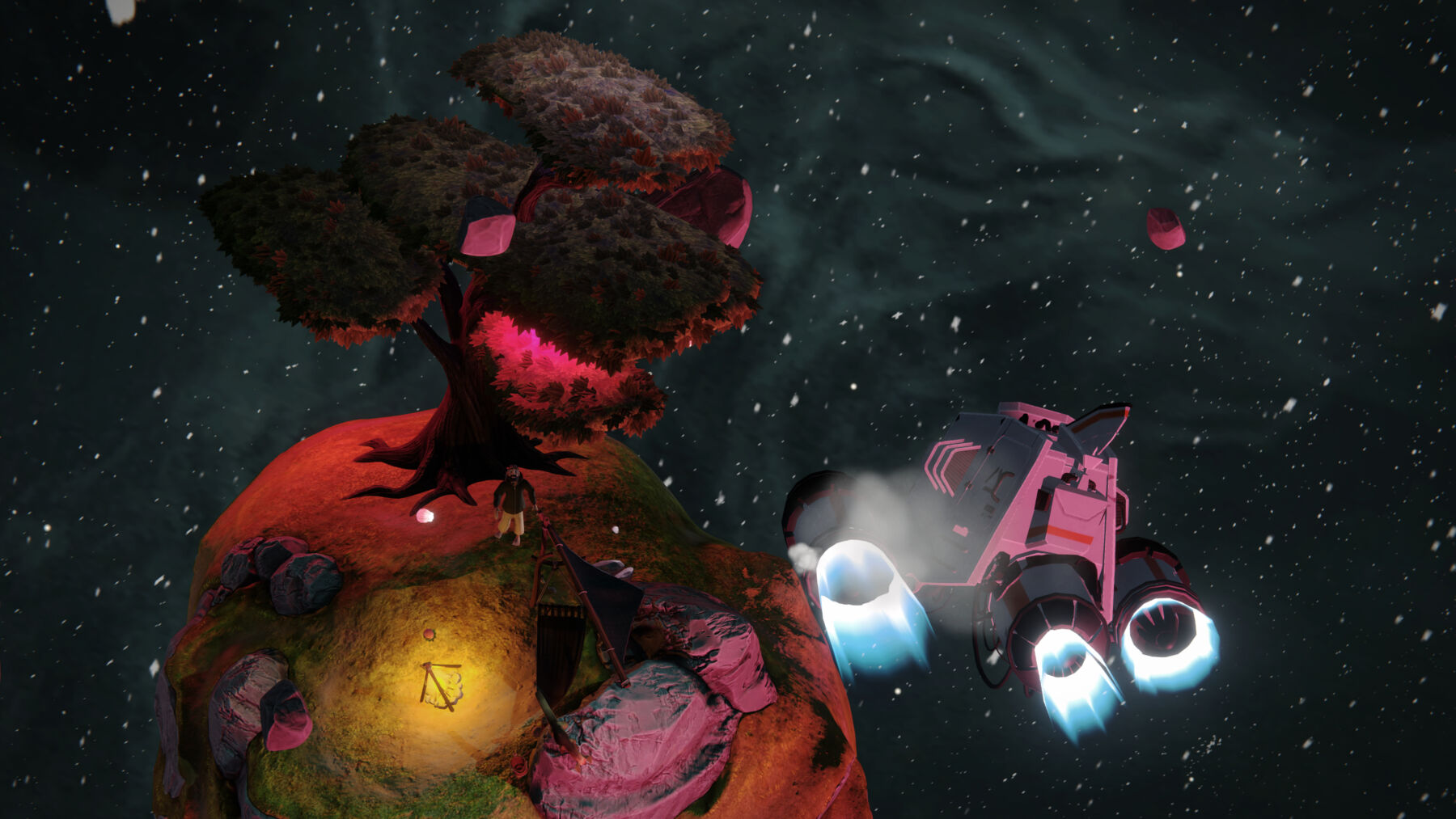Interview by Heather Sparks

As a former, longtime resident of Williamsburg, Brooklyn, I didn’t use to sleep. For years, the crashes of garbage trucks beeps from delivery trucks, and clangs from inside taco trucks ricocheted through my apartment day and night. Now I live just north of San Francisco, a 15-minute walk to Muir Woods—the only old-growth forest of coastal redwoods in the Bay Area—with the Pacific Ocean just beyond. It’s incredibly quiet here—fewer trucks. It’s the perfect place to recuperate from the Time Square of Hipsterdom.
The forest offers me, and all of us, so much. It’s a vital link to the natural forces that control the planet. It’s a place to slow down and put things into a new perspective. It’s a chance to see living organisms that witnessed the first cave dwellers. It’s a chance to escape an ever more crowded, seemingly disconnected, arguably downright perilous society.
This powerful connection with our arboreal stalwarts is explored in the BBC Radio podcast series Forest 404, which asks us to imagine what happens if the woods disappear from history. Refusing to explore this idea from one angle, the series features a sci-fi thriller set in the 24th Century, with a protagonist named Pan who discovers 21st Century recordings of a rainforest. Pan, unable to understand what she has discovered, becomes obsessed with finding the source of the deliciously compelling sounds.
Accompanying talks and soundscapes in the podcast series riff on themes explored in the thriller. The Mental health effects of being in nature are topic one. How humans are changing the sound of the planet is another. What may be the most interesting aspect of the series is a 10-minute online experiment designed to assess the effects that natural sounds have on well-being.
The neighbourly Coastal Redwoods of mine (and their cousins, the Giant Sequoia and smaller but hardier Metasequoia) once grew across much of the northern hemisphere. They provided shade for many species of dinosaurs. For the same reasons the dinosaurs disappeared, shrunk, or evolved, and so did the trees. While we are likely to clear of another meteor destroying today’s existent ecology, it’s human activity that could actually do far worse.
Forest 404 helps us experience life after an entire denuding and automation of our world (what in the series is called the Fast Times) and asks us to seriously reconsider the importance of songbirds, whooshing wind through the treetops, and the rush of streams into the seas. Here, the series writer Timothy X Atack provides CLOT with more insight into the series and his creative process.
For our audience that is not familiar with your work, could you tell us a bit about your background and influences?
I started my career as a composer for screen, then over about 20 years gradually shifted into writing scripts for stage, then radio, then TV and film… and over that time I variously had a record deal, I did stints as a critic writing about live art and performance, I worked in libraries and archives. I still compose music. So I’ve had an education of contrasts, basically. I like to take ideas and processes from one kind of art form and carry them into others. I often feel like when I write for radio I’m using the same part of my brain that I use to make more abstract music – a bit like I’m similarly reaching for the listener.
So I guess the ‘story influences’ are pretty much different for everything I do. But with Forest 404 I found myself referencing Ursula Le Guin’s The Left Hand Of Darkness and The Word For World Is Forest a lot; the journey of those books, as much as anything else.
The podcast series has been described as an “eco-sci-fi thriller”, could you expand more on this? What has been the main inspiration and intellectual development behind the podcast series?
I dunno about intellectual development – I tend to go for the emotional jugular first when I’m writing something! BBC Sounds had already started developing ideas for a series based around the act of listening to recordings of the natural world, in partnership with the AHRC, and they asked me to throw some ideas at the brief. It immediately made me think of when I was working in the BBC’s own archives about 10 years ago: we’d been doing some audits of unlabelled natural history material, and I stumbled across a DAT of a bird in the Sumatran rainforest made by a recordist called Sue Western.
It stopped me in my tracks – partly because of how lush the sounds were, but also because I could tell straight away that the repeated melody sung by the bird was – to human ears – in a western musical scale. For a second I thought it was a person whistling, until I realised it was in a register pretty much any homo sapiens would find fantastically difficult to hit.
That recording made its way into a theatre show by my company, Sleepdogs. But when I began kicking ideas around with Forest 404’s producer Becky Ripley, we kept asking: what would it feel like to hear this kind of lush, living sound if you had no idea what it represented, if the rainforests had gone? That felt like the kind of emotional kick I needed to start a story. And at that point, this future world started to take shape.
The thriller is set in a futuristic world -where the earth’s forests have been wiped out and erased from history- and explores what we are willing to lose, our connection to the natural world and our increasingly complex relationship with technological advancements. How do you think are all the technological advancements like VR/AI/Machine learning is changing human behaviour in the information era? Do you think we are collaborating with machines or are machines collaborating with us?
You’ve hit upon a question that is very much at the heart of Forest 404 here, but without spoiling things I can’t say much about why! But it’s been great delving into unthinkable futures for this drama.
I work at one of the best places imaginable for asking big questions about where human beings merge with technology, a place called Pervasive Media Studio at Watershed in Bristol. I very often do my scriptwriting there. At other desks around the studio there’ll be artists working with music boxes to spark memories in people with different kinds of dementia, or there’ll be someone making an app that tries to make tipping in bars and restaurants easier and fairer. Yes, academic researchers are asking hefty questions about what the future of human/tech interaction might be.
My own take is that we’ve been collaborating with technology since we started banging the rocks together – whether it was originally to make fire or to make music, maybe we’ll never know – but tech has always been with us, throughout recorded history, and way before. We’ve always had that love/hate relationship. There’s the Egyptian story about the origin of the written word, where a king is against the idea in principle because “Men will no longer need to remember.” Sounds familiar, eh.
So I tried very hard in Forest 404 not to judge the future world I was imagining; multi-colour sunrises are a thing of the past, everyone’s got a personal data limit, the forests have died. But the people living in this world no more think it a technological dystopian hell than you or I might when we look at a motorway or a MacBook.
In 2003 Nick Bostrom proposed the simulation theory in which he said that we all are living in a simulation (that all of reality, including the earth and the universe, is, in fact, an artificial simulation, most likely a computer simulation). Some versions rely on developing a simulated reality, a proposed technology that would seem realistic enough to convince its inhabitants the simulation was real. What do you think about this simulation theory?
Well there’s the idea that the existence of life in the universe enables the universe to see itself or measure itself. If that’s true and the simulation theory also happens to be on the money, then I don’t feel too bad about things… at least I’m still playing a part in life’s story somewhere along the line, I’m still sentient in one way or another. Happy to be part of the team!
Maybe I’m just giving whoever’s running the simulation some interesting data? Albeit as one of its more privileged subjects. I mean I don’t know about you but my simulation is pretty fucking nice right now — even if whoever’s programming things is pushing it a bit with the politics. (If you’re listening: everything’s a bit on-the-nose, to be honest.)
Looking back in time, in 1938, Orson Welles broadcasted the episode War of The Worlds, which became famous for causing panic among its listening audience. What do you expect from the audience that will interact/listen to the piece?
I reckon all you can ever hope for is that in some way your story will be like a door in the room that no-one knew was there before, and when you open it light fills the place in a different way. I never try and think too much about what exactly people will take from the story, I sort of hope there’ll be as many reactions as there are listeners… but there’s no doubt Forest 404 shows a possible world, a possible future for homo sapiens as a species, and if the story can get people pausing for a second to think about what the years ahead might hold, I’d be happy with that.
What is your chief enemy of creativity?
Oh, the usual. A socio-political system that devalues profound acts of the imagination and instead would prefer humans to look at wonder and experiment and any form of true emotional self-education with derision or distaste or apathy. That old thing.
You couldn’t live without…
Loved ones, friends, and music.







